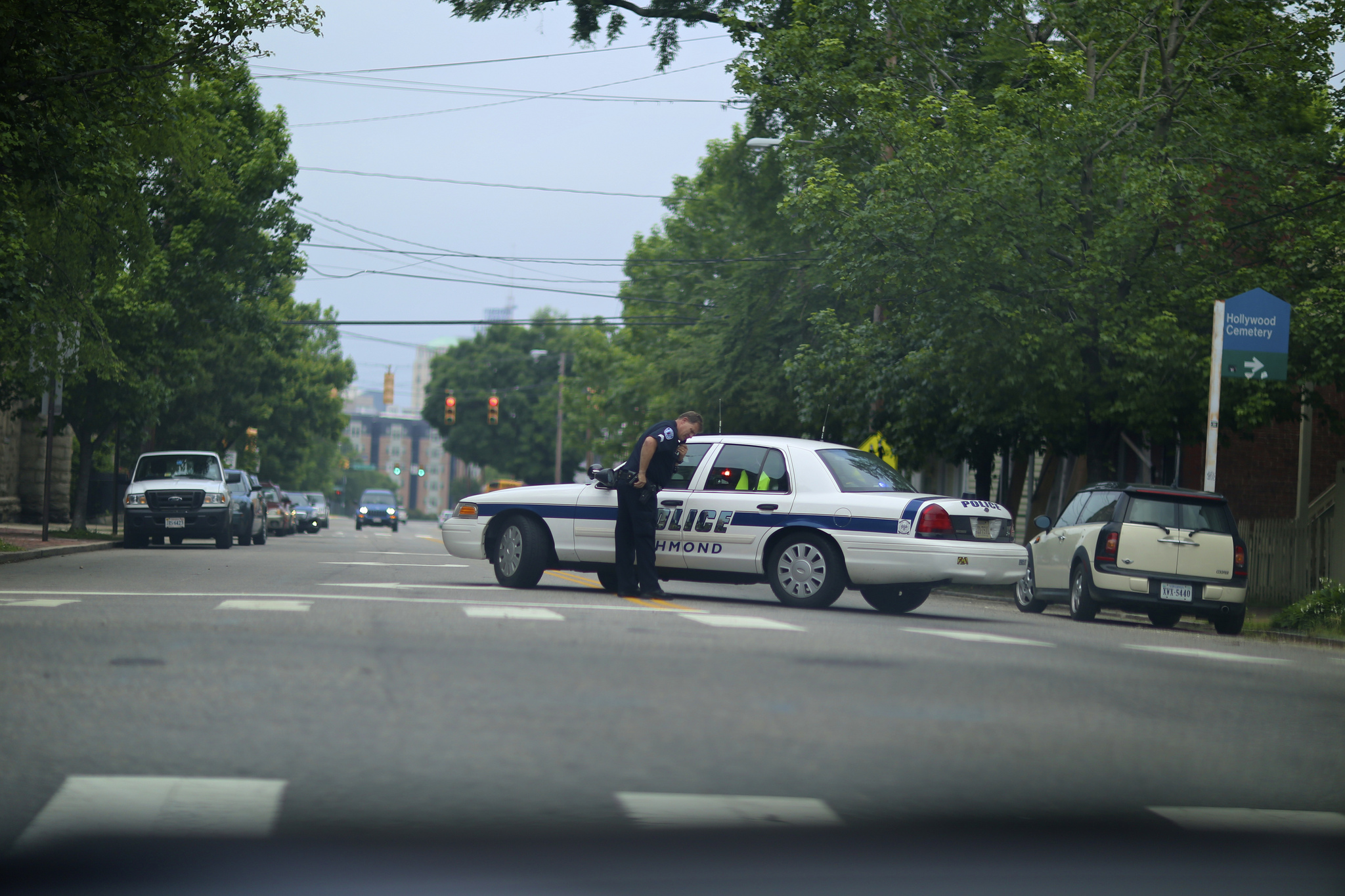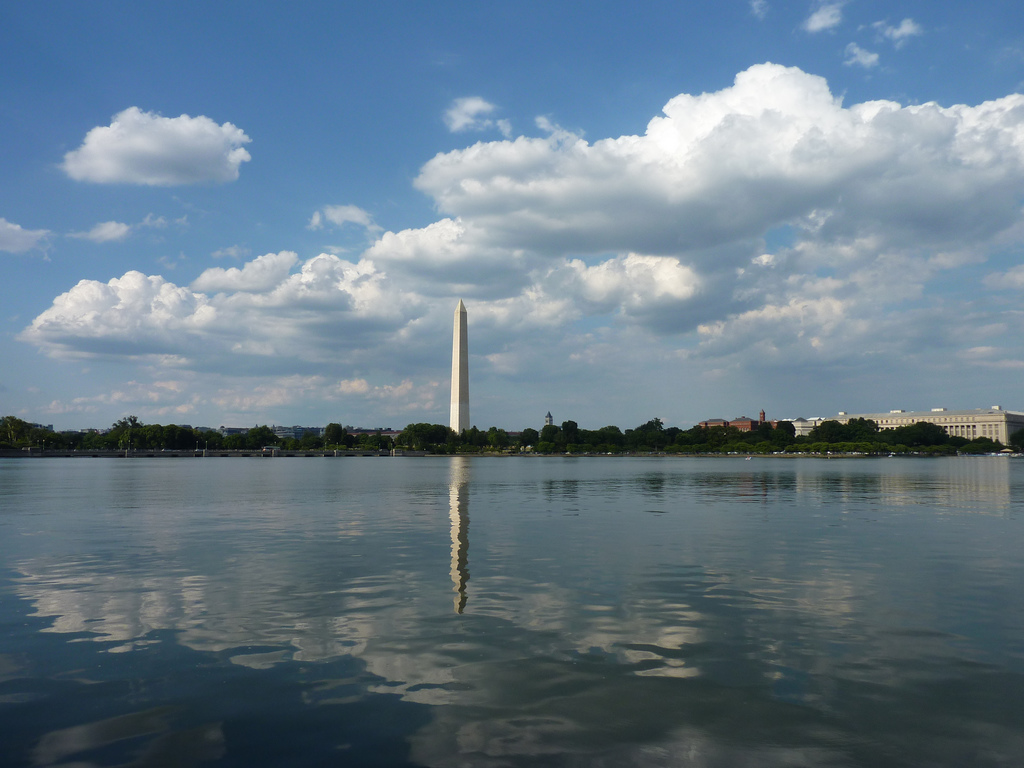“In April 1951, Barbara Rose Johns, a high school student in Farmville, Virginia, organized a student strike to protest poor school conditions. Four hundred fifty African American students from Moton High School participated in the two-week protest. The student strike committee requested assistance from the NAACP branch office in Richmond, Virginia. The students believed that the deplorable conditions at the school deprived them of equal educational opportunities. Moton had no gymnasium, cafeteria, infirmary or teachers restrooms, and the overflow of students was housed in an old school bus and three buildings covered in tar paper. Local parents had repeatedly sought improvements from the local school board without success.”
Two Richmond NAACP attorneys took up the case later to become one of the five suits consolidated into the Supreme Court case Brown vs. the Board of Education in 1954.
Yet in the summer of 2017, local parents of children attending George Mason Elementary school in Richmond, Virginia complained repeatedly about the deplorable conditions at their children’s school.
The parents reported rat droppings, inoperable air conditioning, falling ceiling tiles, overflowing toilets, and just recently an outside group tested the water in the water fountains only to find unacceptable levels of lead.
Public statistics report that George Mason is 96% African American and 95% of the students receive free lunch. The school averages 55% on the SOL’s in Math and 58% in Science.
Yet the Richmond City School Board has repeatedly refused to move these children to a better learning environment.
One may have wrongly believed the battle for equal facilities had been fought and won back in 1955 and the end of the segregation era.
And we worry about statues?






